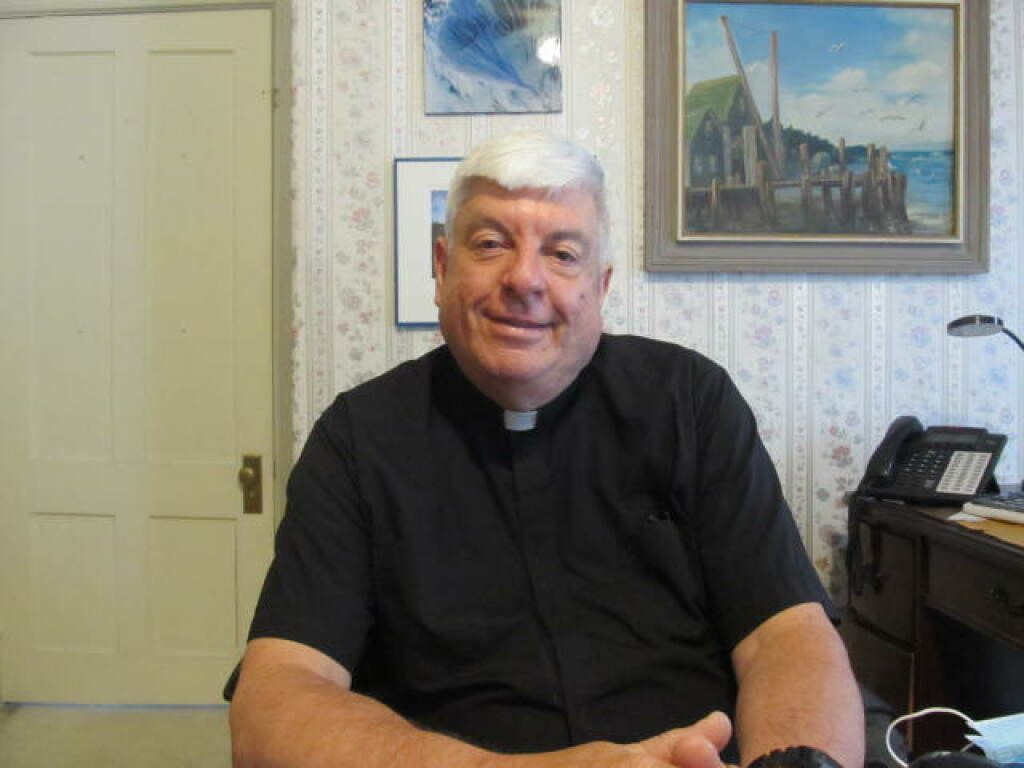 Unclogging the arteries of the conscience
Unclogging the arteries of the conscience
I love historical biographies because they make history more personal; they bring history to life. Let me share one of my favorite stories about a US president. Many years ago, it was a bitterly cold night in northern Virginia. An old man’s beard was frosting over as he waited for a ride across the river. The wait seemed endless. His body, especially the fingers and toes, became numb.
He heard a succession of horses’ hoof beats rounding a bend down the road. Several riders came and passed by. Finally, as one particular rider drew near, the elderly man stepped out toward him and asked for a ride across the river, explaining that there didn’t appear to be a passage by foot.
The rider replied, “Sure thing.” Seeing that the man was half-frozen, the rider got down from his horse, helped the man to get on, and took him not just across the river, but all the way to the man’s home. Finally, he asked why on such a bitterly cold night the man had waited to ask the last rider.
The man replied, “I looked into the eyes of the other riders and immediately saw that they didn’t have any concern for my situation. It would have been useless to ask them for a ride. But when I looked into your eyes, your kindness and compassion were evident. I knew, then and there, that you would help.”
The rider replied, “May I never be too busy in my own affairs that I fail to respond to the needs of others with kindness and compassion.” And with that Thomas Jefferson turned his horse around and made his way back to the White House.
As I read today’s gospel about the rich man, I am reminded about a visit to Israel many years ago. There are two lakes that we visited, the Sea of Galilee in the north, and the Dead Sea in the south. Near the Sea of Galilee a restaurant was serving fish that had been caught that day in the lake. I felt honored to be eating fish from the same lake where Peter and his companions had fished.
Then, there is the so called “Dead” Sea. The reason for the name is that this sea has no outlet. Thus, salt and other deposits simply keep accumulating. As a result the buoyancy of the water has changed. You can float in it and not sink. However, when someone kicks the water, and you get the salt water into your eyes, it feels like acid. Needless to say, fish could not possibly survive in the Dead Sea.
I think the problem with the rich man in Jesus’ story was that all the wealth flowed in one direction: toward himself. He had done well, planned wisely, and had more than enough to retire on. But, evidently, he didn’t care about others, including, I presume, those all around him who were destitute and probably begging for help around his home. As a result, his greed clogged the arteries of his conscience, making it like the Dead Sea, deadening his sense of compassion and empathy.
The point of the story is that how we use our money, how we feel about wealth, discloses our character. More broadly, we learn about God’s priorities. It is God who gives us life, ultimately, and all the talents and abilities we have. None of us is where we are today all by ourselves. One of the reasons I have been happy to be in this community, is that I have had the opportunity to give back. I wouldn’t be where I am today, were it not for neighbors who cared, teachers who pushed me, and a town that is full of caring and compassionate people. Love flowed to me from just about every direction, and it keeps flowing today. If I had simply hogged it all, I would have become morally clogged like the Dead Sea. But you taught me to give back, which is precisely what Jesus asks of us in today’s gospel.
And I give thanks to you in a special way this weekend because these days are special. It was exactly forty-five years ago, on a weekend such as this, that I was ordained and celebrated my first Mass. I feel incredibly blessed.
You might also like
Father's Homilies




